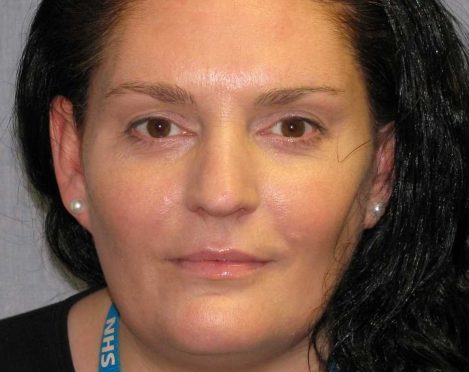Scotland has an estimated 745,000 adults and 44,000 young people (approx 10% of the population) who provide unpaid care to relatives and friends who are in need of help because they are ill, frail, have a disability, mental illness or have a substance misuse.
The value of this support to health and social services is extensive.
It is widely recognised that carers are now the largest provider of care in the UK. The care they provide saves the Scottish economy an estimated £10.3bn each year.
Unfortunately, the benefits of this support can be detrimental to the carers’ physical and emotional wellbeing.
New legislation will also introduced in April 2018 with new provisions with the aim of improving health and wellbeing outcomes for carers.
This week is Carers Week and we are supporting building ‘Carer Friendly Communities’ within our hospitals.
Many of the patients who come into hospital will be cared for by a relative or friend, they might also have caring responsibilities themselves.
We encourage carers to participate in the care of their family member or friend while in hospital if the wish to do so. We welcome carers to visit the ward as much as their family member or friend would like. It is important that carers are valued and recognised as equal partners in care.
NHS Grampian works closely with our carers services so we can give the right information and connect carers to most appropriate available support service.
Many carers remain hidden from services. Hidden carers are often family members in a caring role who do not see themselves as a carer and may not, therefore, access support made available to carers. Alternatively, and often as a consequence, professionals may not be aware of the existence of these carers and therefore do not identify their need for help.
In celebration of ‘Carers Week’ NHS Grampian in partnership with the local carer service providers have produced special meal menus. The special menus provide contact information about local carer support services. We also hope this might help patients their family members and friends recognise that they are a carer.
